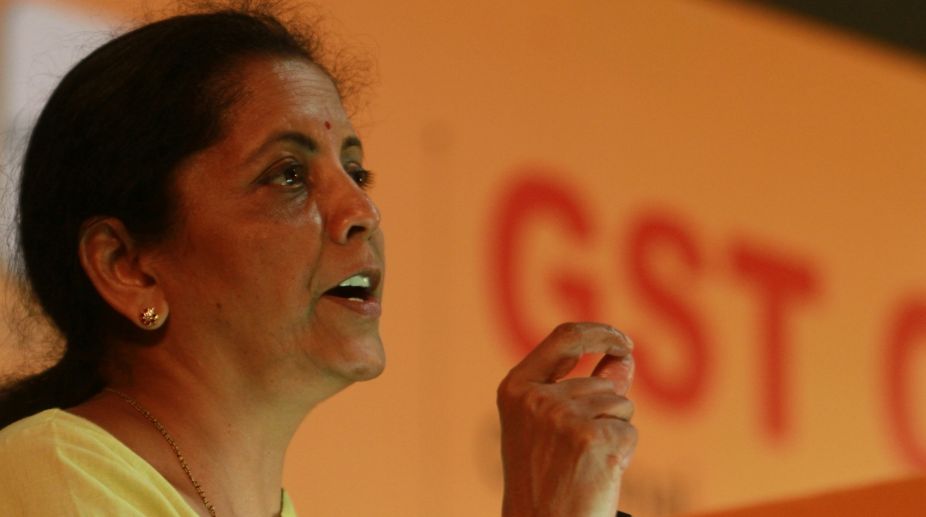It took a single visit of the defence minister to the Elphinstone Road railway station in Mumbai to have Army engineers directed to raise a pedestrian over-bridge: but several meetings and unravelling bureaucratic red-tape are required to ~ hopefully ~ have rescinded a defence ministry order that fixed a ceiling of Rs 10,000 a month on the education allowance for the children of military martyrs. The Army Chief was uncharacteristically “soft” when he told defence personnel that Mrs Nirmala Sitharaman had promised to review the recent order that had triggered much dismay and resentment since no such limit had been fixed in the original scheme announced after the 1971 war. A formal objection had been raised by the Chairman of the Chiefs of Staff Committee, Admiral Sunil Lamba.
Gen. Bipin Rawat opted to present a benign (politically correct?) view when he said that the new order was probably the result of a “misunderstanding” ~ if that was indeed the case Mrs Sitharaman would have been expected to have the controversial order withdrawn immediately after receiving the communication from the COSC. Actually reports of the resentment in the military community, reflected in the media too, were doing the rounds even before the Chairman of the COSC “stood up”. Surely the minister must have been aware that it costs more than Rs 10,000 a month for certain courses in higher education, and the families of military martyrs would have been hard-pressed by the order.
Few in the military community would go along with Gen Rawat’s “misunderstanding” explanation, even if the order was revoked. A vast majority would “see” it as yet another example of how cunning bureaucrats mislead ministers as they keep chipping away at benefits extended to the “uniforms” ~ the watered-down version of the OROP scheme, and continuing “anomalies” in interpreting the award of the last Pay Commission being other painful examples of the sadistic pleasure the bureaucrats enjoy when undercutting fauji benefits. When Mrs Sitharaman moved to South Block her initial showing did impress, but of late she appears in danger of falling into the trap civilian officials have consistently set for their ministerial superiors.

While obviously financial and related constraints come in the way of the forces getting all the modern equipment and creature comforts desired, being miserly when dealing with welfare measures is another story. Soldiers give their lives for the nation ~ not for the government of the day as some netas try to project ~ firm in the belief that their families will be looked after. The education of their children is a key element of what the nation “promises” soldiers manning the frontline. The possibility of a martyr’s child being unable to attain his/her educational aspirations for want of funds is nothing short of betrayal.












